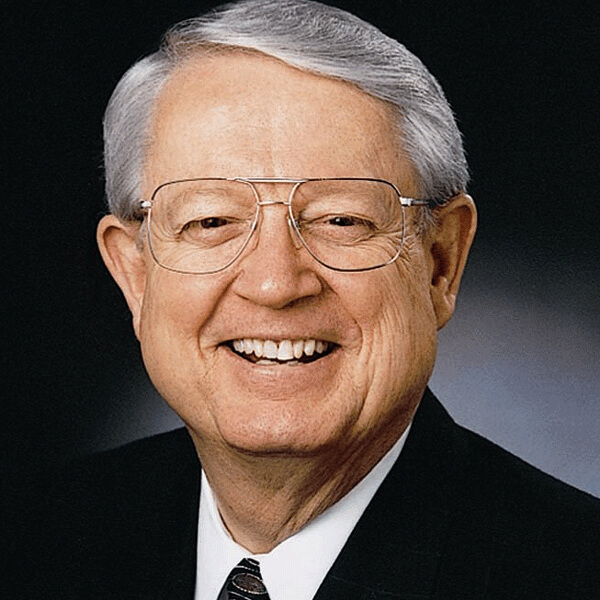It’s March Madness: the time of year when our true colors as sports fans come out.
This past weekend the NCAA announced the teams that would fill the March Madness brackets. For fun, I took a quiz in which I had to match the angry coach with the right team. Not surprisingly, I got most of them right!
In the heat of competition, anger can get heated and take a toll on health. Do those coaches know that anger and hostility are predictors of heart disease for men?
If you don’t want your athlete or coach to engage in angry outbursts during an athletic event, here are a few ways to help them. March madness needs a little self-control when it comes to anger:
1) When the call doesn’t go your way, focus less on blame, more on responsibility.
Rather than blaming a ref or ranting on the side line, take responsibility and work on skills. If more parents would model less talk about unfair officials and take the time to help their kids accept responsibility, respond to unfairness in life and sports, and work on their skills, we would all do better.
2) Understand the difference between anger and over-aggression.
Anger is not wrong, but aggression that is over the top to others is a problem. There is no place for throwing things, demeaning players, or screaming.
3) Parents, coaches, and league officials should follow the guidelines of their sport.
There should be consequences for violence, rule violations, and overly aggressive behaviors. Make the flagrant foul call! Hopefully, the rules keep people in check.
4) Model good sportsmanship.
Whether you are a coach, player, or official, you can model good sportsmanship. The other team has been working hard to be their best. If they beat you, work harder for the next game.
5) Keep your perspective.
Remember this is a game, not a fight for life or death! It is fascinating how invested some people are with winning or having their team win. If it becomes part of your identity or self-esteem, you have a problem.
6) Lose well.
If you lose, show some character and lose well. Respect the skills and great play of the other team. When Duke beat UNC during the ACC tournament, I noticed UNC’s Coby White wouldn’t even look Zion Williamson in the eye and shake his hand; not a classy response to an incredibly well-played game by both players.
7) Learn self-control at an early age.
Everyone gets upset during a competitive game, but we can’t always act on our impulses and expect the outcome to be positive. Exercise self-restraint. When you control your emotions on the field, you benefit your team and get less penalties.
8) Show your skills, not your temper.
The best way to get even is to win with a great performance, not by your mouth, bravado, or pushing and tripping.
I know sporting events are intense. We all like to scream and yell for our teams. But like politics, it is nice when our enthusiasm for our team can be kept civil. Maybe March Madness could lead the way and model civility when it comes to winning or losing.










